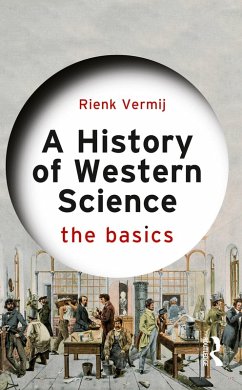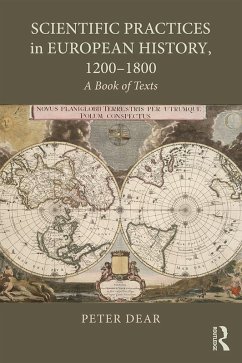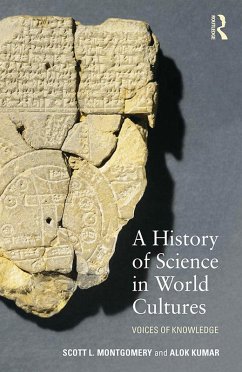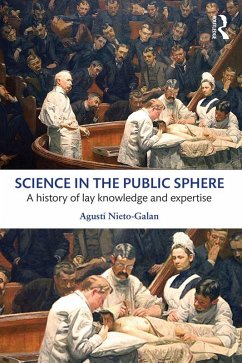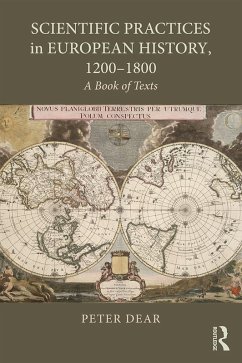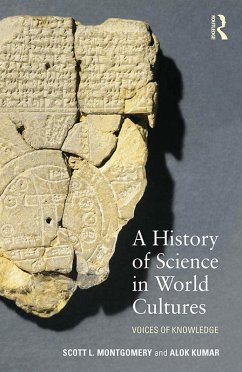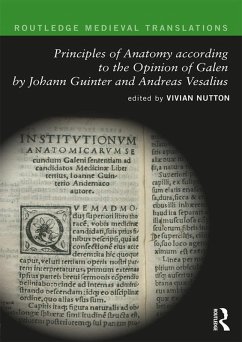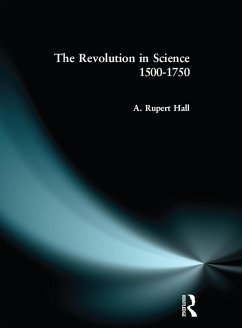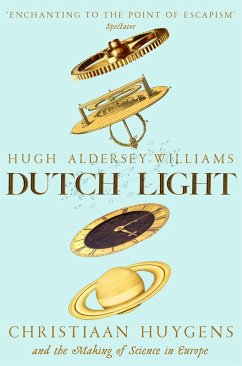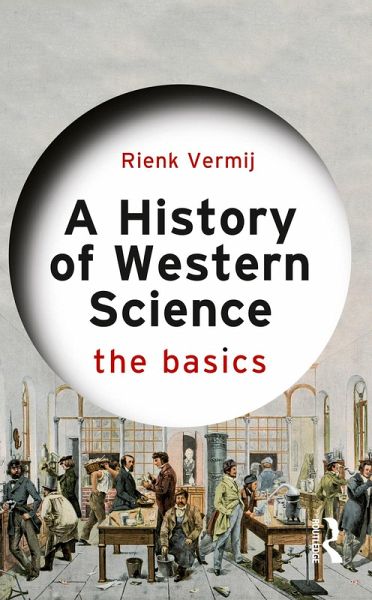
A History of Western Science (eBook, ePUB)
The Basics
Versandkostenfrei!
Sofort per Download lieferbar
19,95 €
inkl. MwSt.
Weitere Ausgaben:

PAYBACK Punkte
10 °P sammeln!
A History of Western Science: The Basics offers a short introduction to the history of Western science that is accessible to all through avoiding technical language and mathematical intricacies. A coherent narrative of how science developed in interaction with society over time is also provided in this comprehensive guide.The first part discusses the period up to 1700, with a focus on the conceptual shift and new ideas about nature that occurred in early modern Europe. Part two focusses on the practical and institutional aspects of the scientific enterprise and discusses how science establishe...
A History of Western Science: The Basics offers a short introduction to the history of Western science that is accessible to all through avoiding technical language and mathematical intricacies. A coherent narrative of how science developed in interaction with society over time is also provided in this comprehensive guide.
The first part discusses the period up to 1700, with a focus on the conceptual shift and new ideas about nature that occurred in early modern Europe. Part two focusses on the practical and institutional aspects of the scientific enterprise and discusses how science established itself in Western society post 1700s, while part three discusses how during the same period modern science has impacted our general view of the world, and reviews some of the major discoveries and debates.
Key topics discussed in the book include:
As a jargon-free and comprehensive study of the history of Western science, this book is an essential introductory guide for academics and researchers of the history of science, as well as general readers interested in learning more about the field.
The first part discusses the period up to 1700, with a focus on the conceptual shift and new ideas about nature that occurred in early modern Europe. Part two focusses on the practical and institutional aspects of the scientific enterprise and discusses how science established itself in Western society post 1700s, while part three discusses how during the same period modern science has impacted our general view of the world, and reviews some of the major discoveries and debates.
Key topics discussed in the book include:
- Natural philosophy, medicine, and mathematics in the ancient and medieval worlds
- The key figures in the history of science-Galileo, Descartes, Isaac Newton, Darwin and Einstein-as well as lesser-known men and women who have developed the field
- The development of scientific instruments, the transformation of alchemy into chemistry, weights and measures, the emergence of the modern hospital and its effects on medicine, and the systematic collection of data on meteorology, volcanism, and terrestrial magnetism
- The big questions - the origins of humans, the nature of reality and the impact of science.
As a jargon-free and comprehensive study of the history of Western science, this book is an essential introductory guide for academics and researchers of the history of science, as well as general readers interested in learning more about the field.
Dieser Download kann aus rechtlichen Gründen nur mit Rechnungsadresse in A, B, BG, CY, CZ, D, DK, EW, E, FIN, F, GR, HR, H, IRL, I, LT, L, LR, M, NL, PL, P, R, S, SLO, SK ausgeliefert werden.




